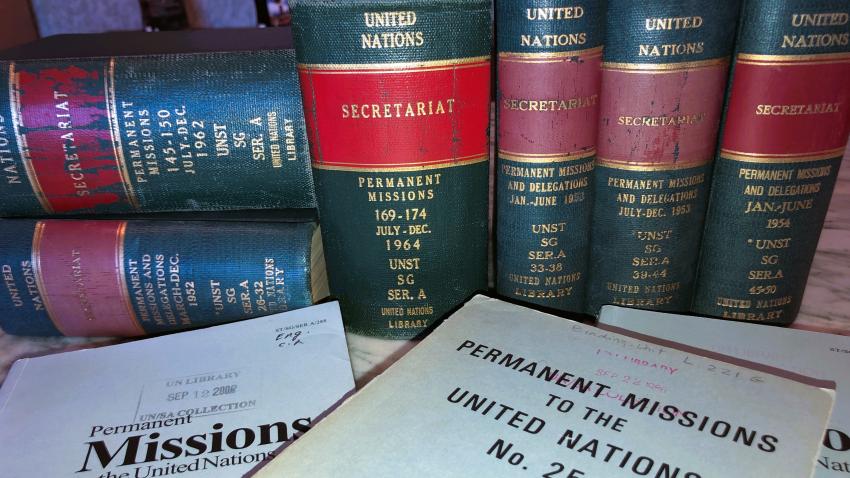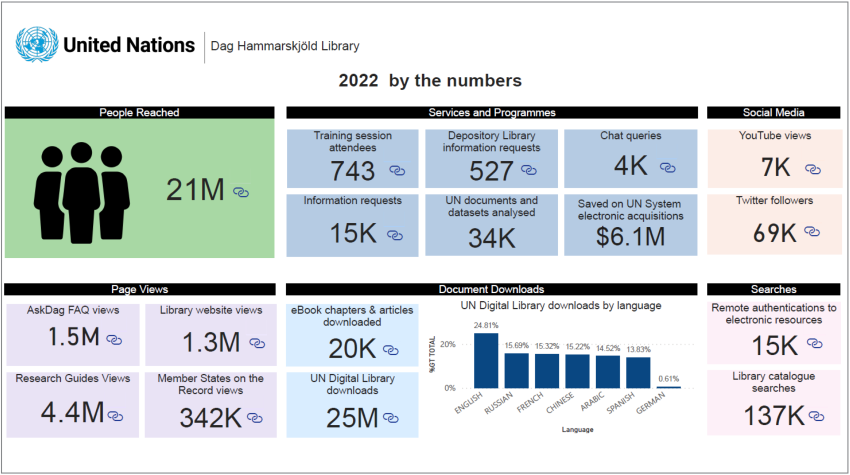We would like to invite you to watch the virtual panel discussion organized by the United Nations Dag Hammarskjöld Library (main organizer of the annual, global UN Open Science Conference). The theme of the discussion is: Building Structural Equity and Inclusion in Open Scholarship.
This discussion was a side-event during one of the most important 2-day, global forums the United Nations delivers annually, the 7th Multi-stakeholder Forum on Science, Technology and Innovation for the Sustainable Development Goals.
The event took place on 6 May 2022 from 7:30am – 9am EDT (New York time).
With panelists:
Anindita Bhadra, Associate Dean of International Relations and Outreach Indian Institute of Science Education and Research, Kolkata
Luke Drury, Emeritus Professor, Dublin Institute for Advanced Studies
Heather Joseph, Scholarly Publishing and Academic Resources Coalition
Sudip Parikh, Chief Executive Officer and Executive Publisher, Science Journals, American Association for the Advancement of Science (AAAS)
Rakeshnie Ramoutar-Prieschl, Head: Research Capacity Development, University of Pretoria
The panellists engaged the attendees in a lively discussion centred on the importance of opening research for all as a means of achieving equality and leaving no one behind. “Open Science is for the public good”, remarked Anindita Bhadra during her presentation while supporting her argument that since scientific research is funded by taxpayers, it should be available to all.
Panellist Luke Drury emphasised the importance of funding research with the mantra “publish more, publish earlier, publish cheaper.” He expressed his disappointment of research behind firewalls citing an incident when he had to buy his own research from a publisher.
Heather Joseph supported the UNESCO recommendations for Open science which recommends among others the need to “…bring citizens closer to science and commitments to facilitate the production and dissemination of scientific knowledge around the world.” This recommendation was seconded by Sudip Parikh who, in his presentation concluded that “Equality and inclusivity are essential—they are not nice to have; they are must-haves” and emphasized the need to synthesize information in “an understandable way to all communities.”
Rakeshnie Ramoutar-Prieschl, from the University of Pretoria, South Africa discussed the role open science plays in democracy and emphasised the need for accessing information as an enabler in economic and democratic decisions. She stated that Africa has an immense role to contribute towards achieving Open Science by 2030 and concluded her presentation with a slogan that was embraced by all: “Ubuntu in Open Science!”
The panellists agreed that there is a need to address existing barriers to open science which include lack of funding, travel restrictions, limited language diversity in publishing, exclusion of marginalized groups, and peer review bias.
Thanos Giannakopoulos, Chief Librarian of the Dag Hammarskjöld Library moderated the event and an engaging Q&A session.
For more information on the event, visit the Library’s conference page.




